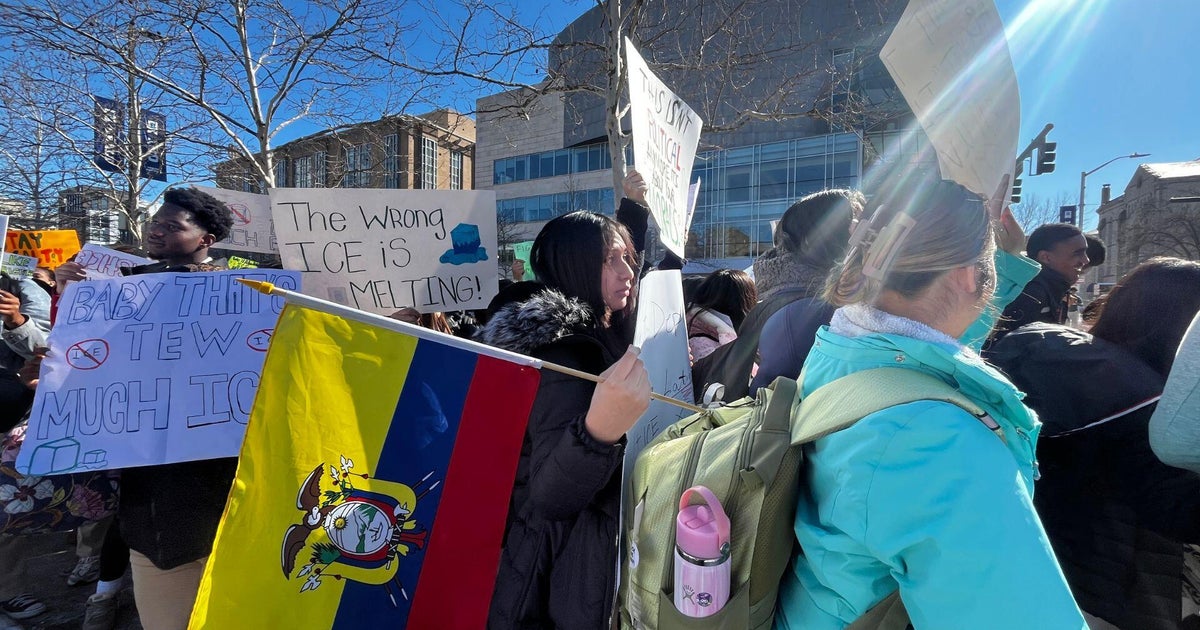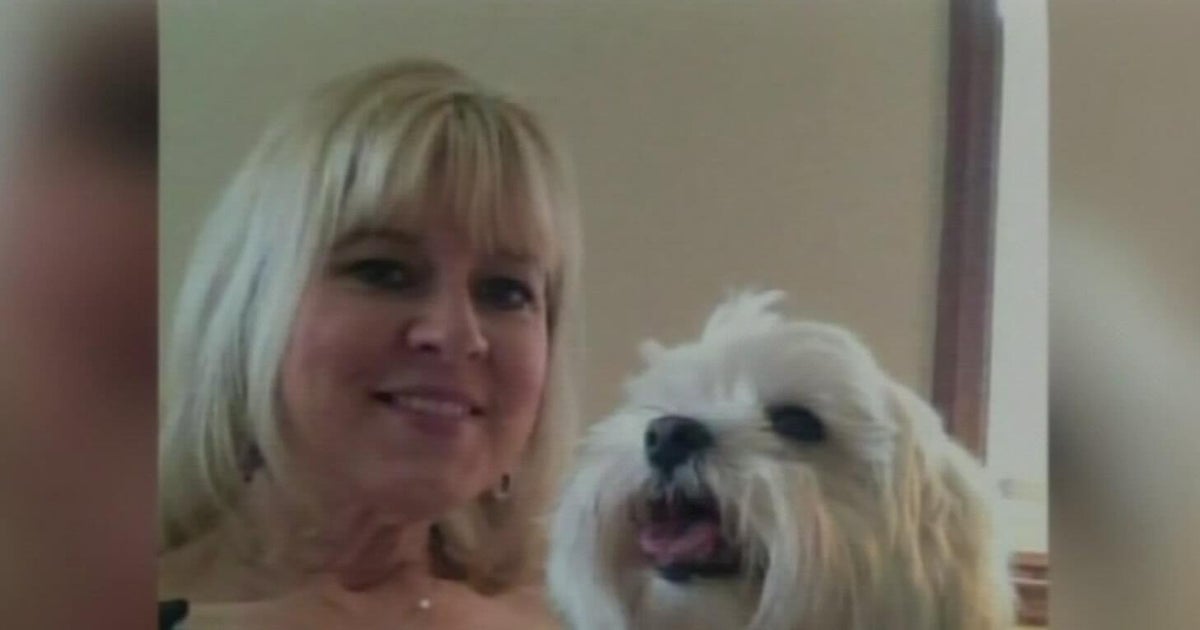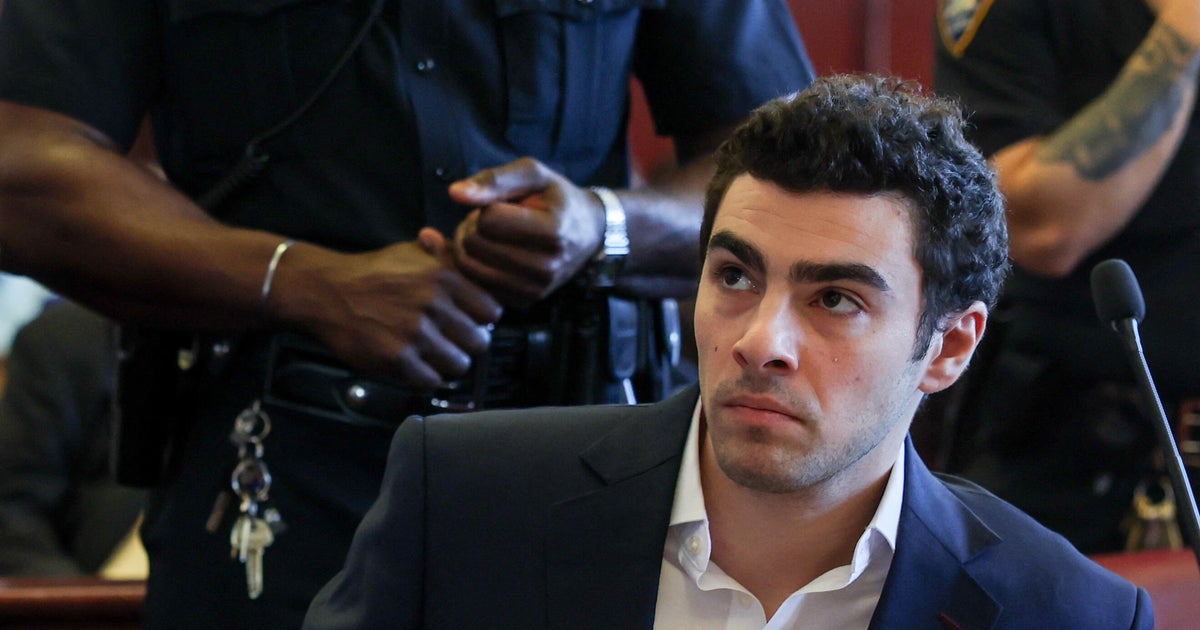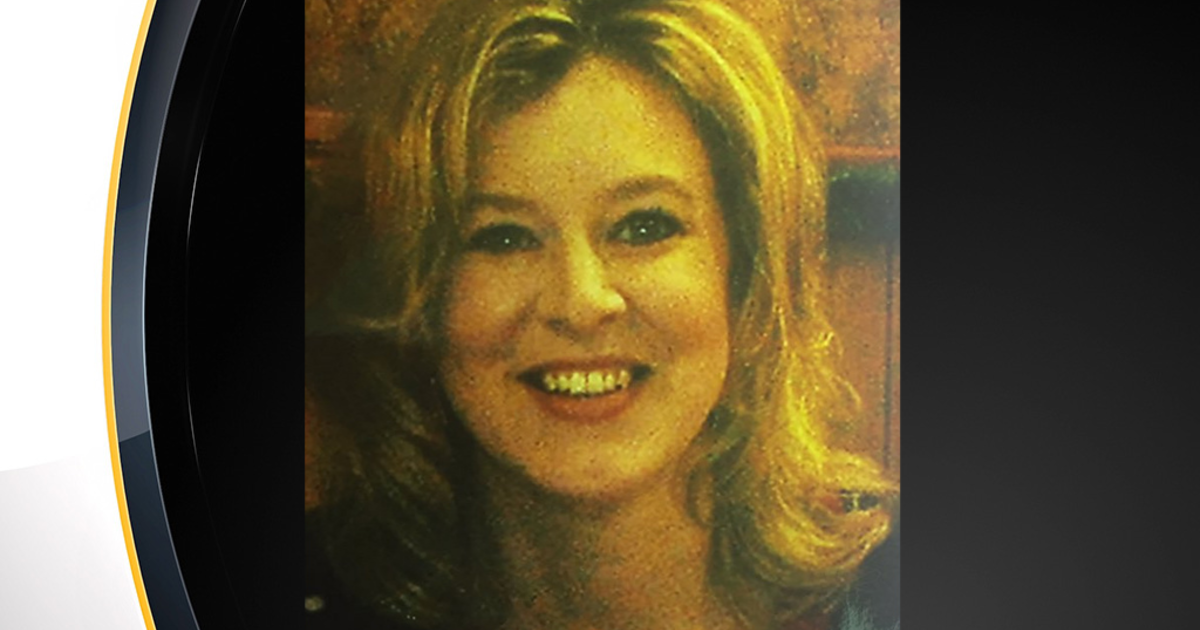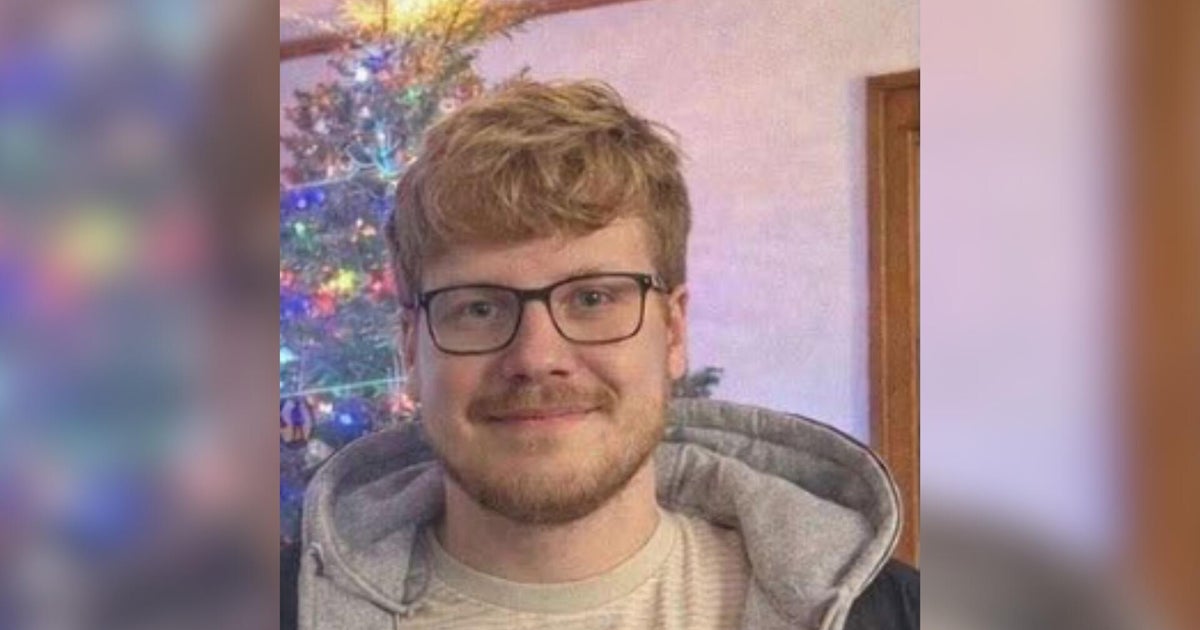Currie Trial: Ex-Md. Transportation Chief Testifies
BALTIMORE (AP) -- Maryland's former transportation chief testified Thursday at a state senator's bribery trial that he didn't know the lawmaker was on the payroll of grocery store chain or he would have responded differently to the lawmaker's request for a grant that prosecutors say could have indirectly benefited the chain.
John Porcari, state transportation secretary from 2007 until June 2009, said state Sen. Ulysses Currie, D-Prince George's, sought a meeting in 2007 to discuss securing a $2 million to $3 million grant for road improvements at an interchange in his district.
But Currie, who chaired a powerful Senate budget committee at the time, never disclosed he was on the payroll of Shoppers Food Warehouse.
"He did not," Porcari responded when asked by prosecutors if Currie had divulged his working relationship with the business.
Federal prosecutors allege Currie attempted to obtain the grant for the developer of the Ritchie Station Marketplace so that the costs would not be passed on to the grocery chain, which was a prospective tenant.
Currie is charged with bribery, conspiracy, extortion and false statement charges for allegedly accepting more than $245,000 between 2003 and 2007 from the grocery chain to use his influence to provide the company with political favors.
Defense attorneys say Currie did nothing illegal in serving as a consultant to the chain.
Porcari, who also was the state's transportation chief between 1999 and 2003, said he had a cordial and professional relationship with the senator for several years. He testified that he believed the senator was taking an interest in the project because it was in his legislative district.
Porcari said he would have approached the matter differently if he had known, and included legal counsel in the meeting he had with the senator in 2007 if he had know about Currie's consulting work.
Still, Porcari said the grant was never awarded.
"I never personally saw the merit in that grant," said Porcari, who is now deputy secretary of the U.S. Transportation Department.
Nonetheless, he testified that Currie's employment by Shoppers would have been germane to how the department handled that request had he known of the connection.
Under questioning by Currie defense lawyer, Lucius Outlaw, Porcari said it wasn't uncommon for lawmakers to make requests for help on transportation projects from the department. Porcari also noted that the interchange had been the site of unexpectedly high accidents and congestion.
"It simply didn't work as well as we thought it was going to," Porcari said.
Earlier Thursday, the lead FBI agent in the case testified about financial disclosure lapses.
Prosecutors focused on state financial disclosure forms in which the senator failed to disclose his work with the grocery store chain as required.
But attorneys for Currie noted that his wife's income also wasn't reported in the forms, though it was supposed to be.
Attorney Joseph Evans also noted that investigators did not search back to the senator's financial disclosure forms beyond the period in question to examine how accurate those forms were. Currie's lawyers contend the omissions were due to faulty bookkeeping, not intentional wrongdoing.
Special Agent Steven Quisenberry, the lead agent in the investigation, said investigators were focused on whether Currie was hiding his financial relationship with Shoppers, not other potential omissions.
Quisenberry also testified about an interview he had in 2008 with Currie at his Prince George's County home, just before agents searched his house. The agent said when Currie was asked about work he had done for Shoppers, he responded he had only done some work as a consultant on minority employment.
Prosecutors then focused on documents seized at Currie's home, including pages from a day planner that allude to work relating to a grocery store at Mondawmin Mall in Baltimore and other stores in the state.
(Copyright 2011 by The Associated Press. All Rights Reserved.)
